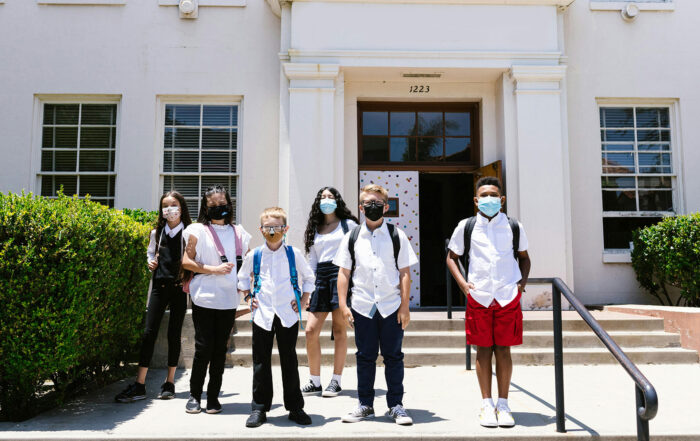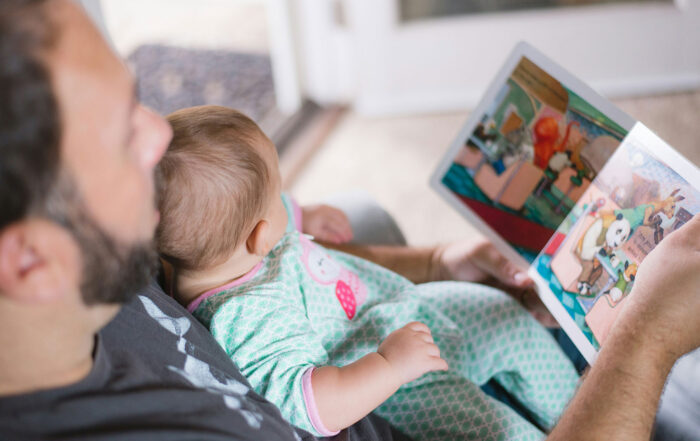
By Erin Blakemore, NPR
When public health officials get wind of an outbreak of Hepatitis A or influenza, they spring into action with public awareness campaigns, monitoring and outreach. But should they be acting with equal urgency when it comes to childhood trauma?
A new study published in the Journal of the American Medical Association suggests the answer should be yes. It shows how the effects of childhood trauma persist and are linked to mental illness and addiction in adulthood. And, researchers say, it suggests that it might be more effective to approach trauma as a public health crisis than to limit treatment to individuals.
The study drew on the experiences of participants from the Great Smoky Mountains Study, which followed 1,420 children from mostly rural parts of western North Carolina, over a period of 22 years. They were interviewed annually during their childhood, then four additional times during adulthood.
Share This Post!
Managing stress during the COVID-19 pandemic
While we are all focusing on taking care of our physical health as the outbreak of COVID-19 develops, it’s also important to keep our mental health a priority. When there is a [...]
Integrating parents with trauma histories into child trauma treatment: Establishing core components.
To identify core components of parent/caregiver integration into evidence based child trauma treatment models, specifically those parents/caregivers who have experienced trauma themselves. The Parent/Caregiver Trauma and Healing Coordinating Group (PCTHCG) of the [...]
‘All Kinds Of Trauma’: Students Are Returning To School, But Are We Ready To Help Them Cope?
Rosalinda Guzman was inside a bathroom stall at school when something begged for attention. It was on the door, where the school posts announcements. “That little tiny piece of paper was just [...]
Identifying the Intersection of Trauma and Sexual Orientation and Gender Identity: Part I: Key Considerations
WHY ASK ABOUT SEXUAL ORIENTATION AND GENDER IDENTITY? There is a growing body of evidence showing that Lesbian, Gay, Bisexual, Transgender, and Queer/Questioning (LGBTQ+) youth suffer from potentially traumatic events (PTEs) at [...]
Heal trauma with rhythm
Anyone who’s soothed a fussing baby knows that gentle rocking often does the trick. The vestibular (balance-related) stimulation that rocking creates is certainly a part of that. Equally important is the rhythm [...]
Will My Child Bounce Back From the Coronavirus Crisis?
With many months of the coronavirus crisis behind us and still more uncertainty and stress ahead, life is tough right now for kids of all ages. Many parents — seeing their children [...]







